A cross-section of a stone reveals the six large characters
[People News] Since the Third Plenary Session following the CCP's 20th National Congress, there has been a nonstop surge of reports and rumours online suggesting that Xi Jinping is losing power and influence. Although these claims vary in depth and analysis, they all point in the same direction: Xi Jinping’s political dominance is over, and the once "solid as a rock" party-state-military structure is now crumbling and on the verge of collapse.
Vicious power struggles at the top of the CCP have long been symptomatic of the party's political ecosystem. However, the current high-level political infighting and power struggles under Xi Jinping are more dangerous and bizarre than ever before. By securing a third term, Xi effectively abolished the CCP's leadership succession system. Should Xi suddenly lose power or pass away, the regime in Zhongnanhai could collapse entirely, triggering the disintegration of the CCP. Recent rumours of fierce battles over succession in Beijing have only added to the CCP regime’s already dire crisis.
Four Succession Scenarios for Xi Jinping and Their Analysis
1. Ding Xuexiang as Successor. Independent commentator Cai Shenkun has claimed that the Fourth Plenary Session will bring a political earthquake: party elders such as Zeng Qinghong, Wang Qishan, and Wen Jiabao will collectively force Xi to step down. The proposed personnel changes would be: Vice Premier Ding Xuexiang becoming CCP General Secretary; Shanghai Party Secretary Chen Jining becoming Premier; current Premier Li Qiang replacing Zhao Leji as National People’s Congress Chairman; and Vice Premier Zhang Guoqing taking over Ding’s position as Executive Vice Premier.
This scenario has received considerable scepticism online. Jiang Weiping, former Northeast bureau chief for Hong Kong’s Wen Wei Po, argues that Ding lacks the experience and credentials compared to Hu Chunhua, and would not be able to manage the situation if given power.
Ding is seen as straddling both the Jiang and Xi factions, making him an unlikely choice favored by reformist elders like Hu Jintao, Wen Jiabao, Zhu Rongji, and Wang Qishan. Moreover, since late last year, Ding has been surrounded by negative press. He was rumoured to be the patron of recently deceased Customs Chief Yu Jianhua and to be implicated in the case of Shanghai Pudong Party Secretary Zhu Zhisong. There were even reports online suggesting trouble involving Ding’s son.
Amidst the flurry of rumours about Ding succeeding Xi, Xinhua News Agency reported on May 6 that Ding attended and gave the opening speech at a seminar on Volume One of Xi Jinping’s Economic Anthology. In that speech, Ding made unusually strong declarations of loyalty, invoking the “Two Establishes,” “Four Consciousnesses,” “Four Confidences,” and “Two Safeguards.” The seminar was chaired by Politburo member and Organisation Department head Shi Taifeng, with Chen Xi also in attendance.
Ding’s remarks appeared to be a clear move to distance himself from succession rumours and reaffirm loyalty to Xi, perhaps out of fear that such speculation could incur Xi’s displeasure. This indirectly suggests that the “Ding as successor” narrative may have been a disinformation campaign by anti-Xi factions aiming to sow discord between Ding and Xi. Notably, Ding himself was the key executor of Xi’s pre-20th Congress order barring political elders from interfering in current leadership affairs when he was head of the General Office.
2. Chen Jining as Successor. There are two variations of the “Chen Jining succession” theory: one where he becomes General Secretary, and another where he partners with Ding Xuexiang as Premier. Currently, the Shanghai Party Secretary, Chen, recently hosted Xi Jinping, Li Qiang, and Cai Qi during a visit to Shanghai. Xi’s comment about “passing the baton to the younger generation” was widely interpreted as a political endorsement of Chen. On November 28 last year, Singaporean politician Lee Hsien Loong met Chen in Shanghai. In a video of his China visit, Lianhe Zaobao captured Lee saying, “I hope to build new connections with China’s next-generation leaders,” which was seen as a diplomatic nod indicating Chen’s future leadership role.
Cai Shenkun notes that Chen Jining has ties to three power bases: the Tsinghua clique, the Fujian faction, and the Shanghai clique, making him a potential compromise candidate among different factions.
However, this scenario has logical inconsistencies. If Xi has truly lost all power, then Chen’s Tsinghua and Fujian backgrounds could become liabilities. In that case, Chen’s rise might be attributed solely to the Shanghai faction, sidelining reformist elders like Hu, Wen, Zhu, and Wang. Conversely, if Xi still holds some power, he might prefer Ding over Chen. After all, Chen is a technocrat from a non-military-industrial background and a Western-educated official—traits that may not inspire confidence from Xi.
3. Tuanpai (Communist Youth League Faction) Reclaims Power. There is mounting evidence pointing to a Tuanpai comeback. Former General Secretary Hu Jintao leads the faction, and Wen Jiabao is a close ally. Disgraced former heir apparent Hu Chunhua has recently reappeared in the public eye in a high-profile manner, almost as if signalling a political return. Around Youth Day (May 4), CCP state media published a spate of articles highlighting the need for youth to shoulder responsibilities—widely interpreted as backing the Tuanpai and preparing the ground for a major reshuffle. Additionally, the grandchildren of Hu Yaobang—the faction’s spiritual founder—have recently been appointed to top positions in international investment firms’ China operations, which observers interpret as symbolic of the Tuanpai’s return.
Hu Chunhua is increasingly viewed as a strong contender for a comeback. Rumors also suggest former Politburo Standing Committee member Wang Yang may return. Wang, along with Li Keqiang, was forced into retirement by Xi at the 20th Congress. Wang has a positive public image; he became China’s youngest mayor in Tongling in his early 30s, earning the nickname “baby mayor” from Deng Xiaoping. Known for pragmatic and open-minded governance, he promoted the “Wukan model” in Guangdong and publicly rejected the idea that people’s happiness is a government handout—a shocking statement under the CCP’s authoritarian regime. That likely explains why he was blocked from the top echelon for five years.
4. Li Qiang as Successor. Li Qiang is officially the second-ranking figure in the CCP. If Xi steps down for health reasons, Li would be next in line. While Li’s close ties to Zhejiang business circles give him some pro-market credibility (and potentially differing views from Xi), he was nonetheless handpicked by Xi and is a core member of the “New Zhijiang Army.” Xi's loyal enforcer Cai Qi would never be accepted by party elders, so Xi may see Li Qiang as a safer, less threatening alternative who wouldn't seek retribution.
After the Third Plenum, Li Qiang briefly enjoyed a political spotlight both domestically and internationally. But as factional struggles in Zhongnanhai intensified, his image as a weak leader became entrenched. Whether he can gain broad support among party elders remains uncertain.
The CCP’s Succession Legitimacy and Its Uncertainties
The CCP operates like a true mafia—a chaotic gang. Succession is not based on public opinion or votes, but on brutality and deception. Mao Zedong personally ousted multiple successors and purged countless founding members.
Deng Xiaoping removed Hu Yaobang and Zhao Ziyang to curb liberalisation and protect the red regime. He then installed Jiang Zemin and later designated Hu Jintao as successor when Jiang couldn’t be removed. Hu Jintao, in turn, favoured Hu Chunhua, while Wen Jiabao preferred Sun Zhengcai. Jiang Zemin promoted Xi Jinping as a successor for his own purposes.
After taking power, Xi purged Sun Zhengcai and wiped out the Tuanpai at the 20th Congress, later eliminating Li Keqiang. The tradition of designating successors two generations ahead was thus broken, and CCP politics returned to the era of Mao—a fusion of Qin Shi Huang and Marx. Now, Xi’s counter-reform drive has brought the system to the brink of collapse. He has destroyed the princeling's dream of dynastic rule, shattered the internal balance of interests, and used anti-corruption campaigns to ruthlessly eliminate dissent. Domestically, people suffer; officials fear for their positions. Internationally, China exports cheap goods along with communist ideology, aligning with terrorist regimes.
Xi’s fall is inevitable. Based on Deng’s succession rules, a Hu Chunhua-led Tuanpai revival is logical. With Hu Jintao still alive and the Tuanpai representing a technocratic, reformist faction with grassroots connections and elite appeal, it is more palatable to domestic and international audiences.
However, unlike past transitions, this is happening amid a global turning point. With the rise of Trump 2.0 and a global push toward decommunization, communism’s evil essence is increasingly recognised. No matter how much the Tuanpai dresses up its reformist agenda, it can no longer fool the world. People have long suffered under CCP rule, and the call to end the Party has become a widespread, unstoppable force.
China’s political elite—those now plotting the post-Xi era in Beijing—must recognise this. The CCP is a sinking, shattered vessel. Abandoning the ship and embracing a new path is the only righteous course.
More Irrefutable Evidence of the CCP’s Impending Collapse
The phrase “Heaven will destroy the Chinese Communist Party” is not mere rhetoric. Many people are aware that in Zhangbu Township, Pingtang County, Guizhou Province, there exists a “Hidden Character Stone” (藏字石) bearing the naturally formed characters “中国共产党亡” — meaning “The Chinese Communist Party perishes.” Each character is about one foot square. According to numerous geological experts at the national and provincial levels in China, this stone formation dates back 270 million years. Around 500 years ago, it fell from a cliff and split along a natural joint, revealing these characters embedded inside. Known as the "Truth-telling Stone," it is also referred to as the “Death-to-CCP Stone” (亡共石).
On May 10, independent media figure Li Muyang revealed an even more astonishing update about this stone on his program. A netizen from mainland China uploaded newly captured high-resolution photos of the stone, and these images allegedly reveal the exact date of the CCP’s demise.
According to Li, the netizen travelled a long distance to visit the stone in person in Zhangbu Township. Equipped with a 200-megapixel camera, he took precious, detailed photos. At the time, there were two police officers stationed near the site. The stone was encased in a protective glass cover, and signs at the location indicated the presence of audio and video surveillance — evidence of how fearful the CCP is of this artifact.
When the officers briefly stepped away, the netizen took a significant risk and extended his camera inside the glass cover, capturing an unobstructed image of the stone. The six large characters — “中国共产党亡” (“The Chinese Communist Party perishes”) — are strikingly clear. Notably, five of the characters are in traditional Chinese, with only the character “党” (“Party”) in simplified script. Most shockingly, to the right of the character “亡” (“perishes”), a smaller string of four Arabic numerals appears. The first two digits, “20”, are easy to identify. The final two digits are faded and fractured, but through elimination and analysis, they most likely represent “27” or “29.” In other words, the stone may be signalling that the CCP will perish in 2027 or 2029.
As the ancient saying goes: “When a nation is about to prosper, auspicious omens will appear; when a nation is about to perish, monstrous signs will emerge.” During the reign of Emperor Yao, a sacred turtle emerged from the Cuiwei River bearing the “Hetu” — a heavenly script honouring his virtuous rule. When Yu the Great tamed the floods, Heaven granted him the “Yuan Gui” jade tablet to commend his deeds. When the Zhou Dynasty was on the rise, a red bird flew to Mount Qi carrying a heavenly decree, proclaiming the Mandate of Heaven for King Wen. These auspicious omens heralded great dynasties and their legacies.
History shows us: the fate of rulers is determined by Heaven, not through human struggle and ambition. The “Death-to-CCP Stone” clearly reveals the will of Heaven. Heaven’s destruction of the CCP is imminent. One can’t help but wonder: are the senior officials in Zhongnanhai beginning to feel a chill of foreboding?
(First published by People News)

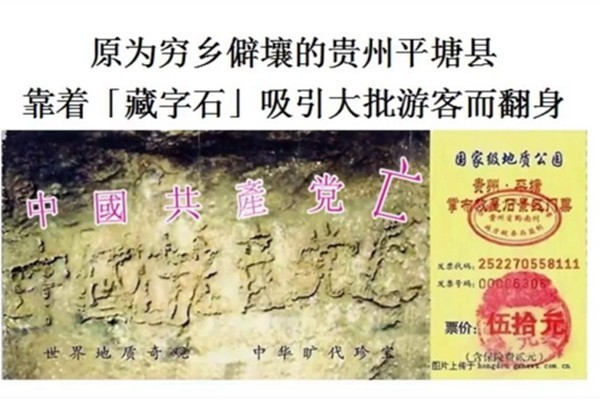


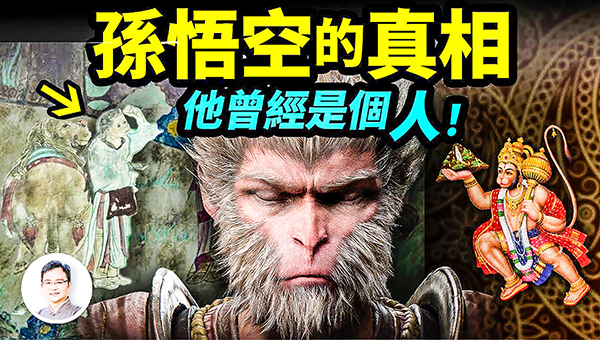
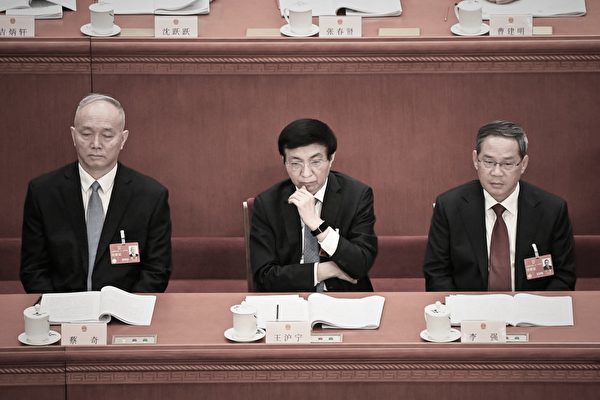
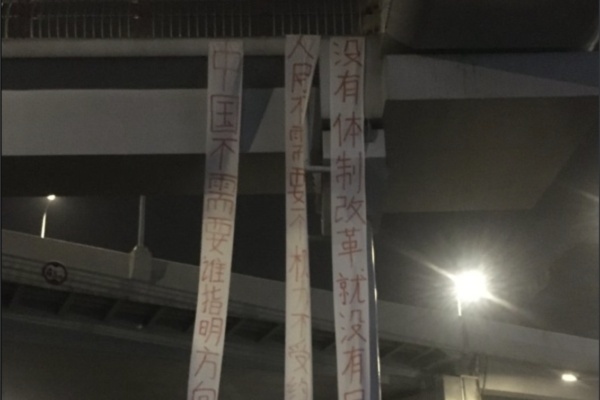
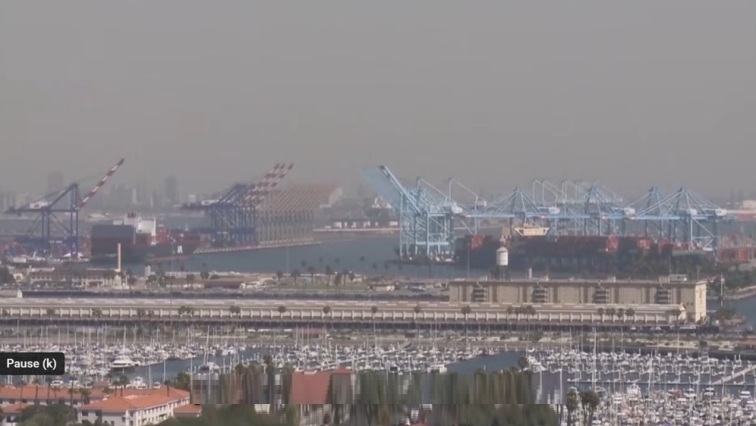
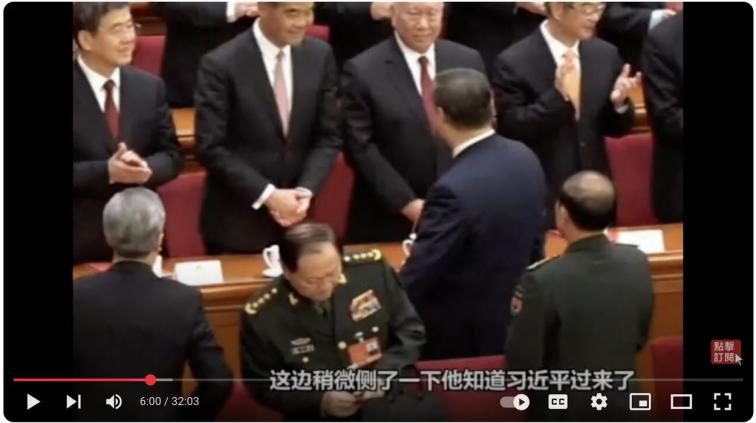
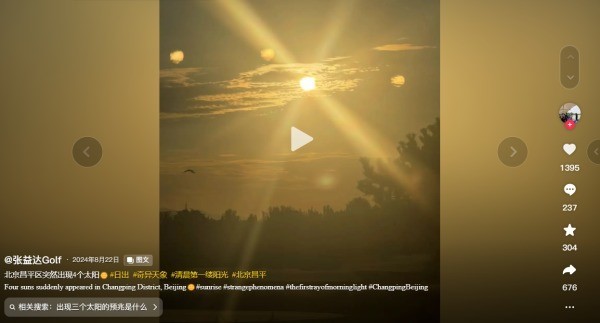

News magazine bootstrap themes!
I like this themes, fast loading and look profesional
Thank you Carlos!
You're welcome!
Please support me with give positive rating!
Yes Sure!